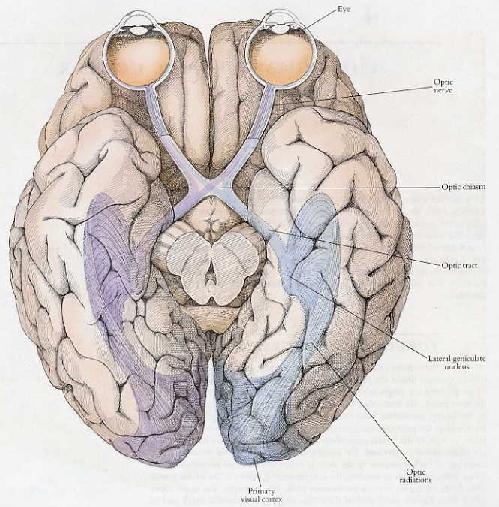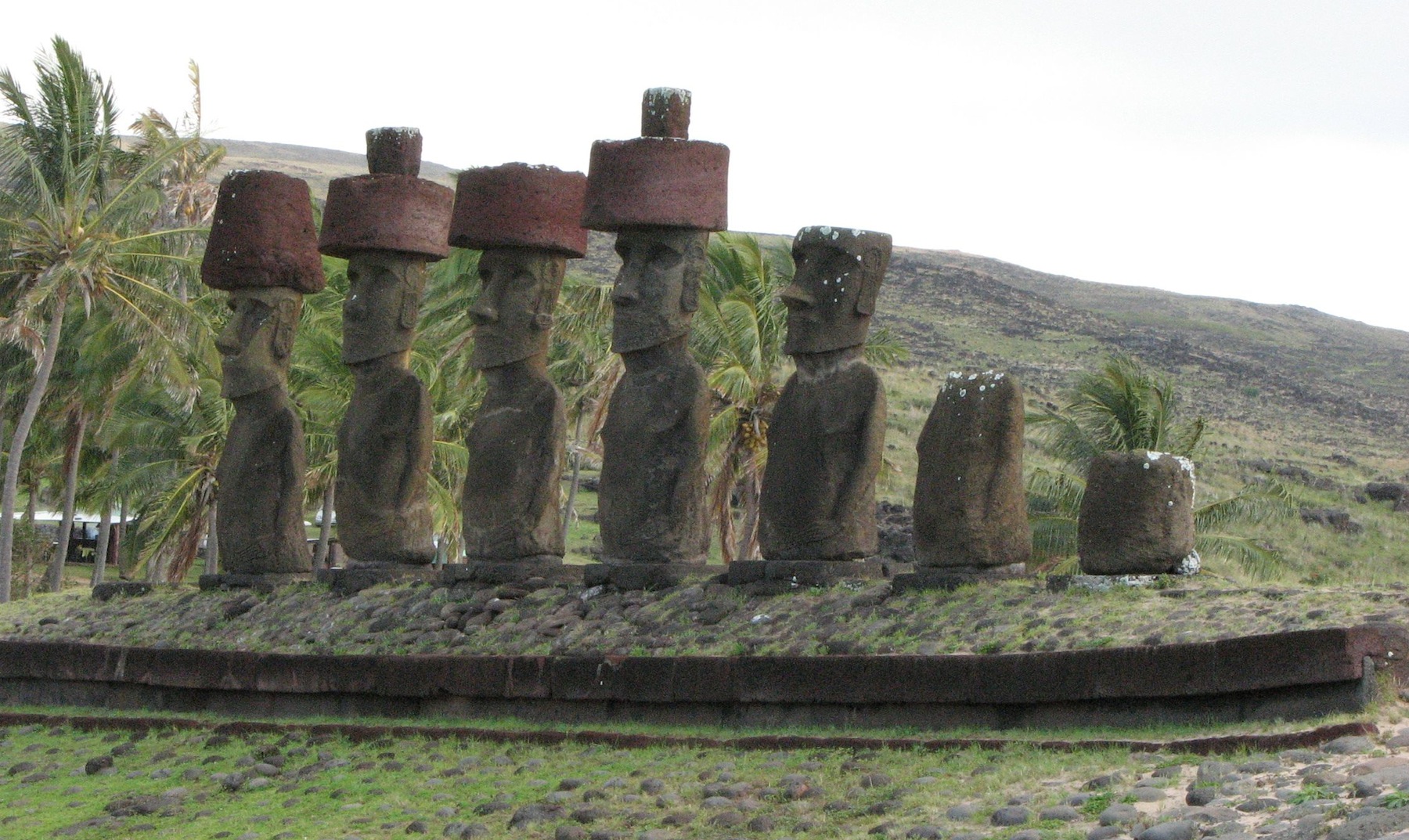 Human Character
Human CharacterNavigating
Neurosis and Human Growth:The struggle toward self realization. ( 1950 )
Overview | morality | neurotic claims | origins of self-estrangement | tyranny of | therapy | defining terms.
"I hope that this book, by a clearer exposition of the obstructing factors, may, in its own way, help such liberation."
K. H.
Karen Horney in 1944.
Dr. Horney (1855-1952) was an émigré from Germany to the United States in 1934, but early trained as a Freudian psychoanalyst. She was of Norwegian and Dutch descent. Eventually her theories of "womb envy" and environment in which the child matures questioned some traditional Freudian views, particularly his theory of sexuality. For this and other distancing mechanisms she adopted Dr. Horney was known as a Neo-Freudian. She cites Erich Fromm, and Abraham Maslow, Alfred Adler and Harold Kelman, in her quest to examine and explain from case studies "the quality of our belief about human nature." She was also influenced in later years (1945) by Jiddu Krishnamurti: Freedom from the Known.
Photographic Credit: SCIENCE SOURCE/SCIENCE PHOTO LIBRARY
Contents
Set in stone on Anakeena beach; traditionally, the original landing site of the Polynesians on Rapa Nui, these statues represent the ancestors who brought their people to this most distant isle.
Carved from basalt rock they watch over the villages on the island as a memorial. [ Easter Island, J. V. Siry, 2011 ]
5. Self-Hate and Self-Contempt
7. General Measures to Relieve Tension
11. Resignation: The appeal of Freedom
12. Neurotic disturbances in Human Relationships
13. Neurotic Disturbances in Work
14. The Road to Psychoanalytic Therapy
15. Theoretical Considerations
A. Adaptive or maladaptive
authentic & authenticity
B. Behavior: in an authentic world that has no need of us.
C. Coping versus compulsive mechanisms
D. Developmental disorder
E. Evolutionary morality
Engagement with life and self-realization
F. Faust, the Faustian complexity, "a Faustian bargain"
(p. 35)G. Growth "an inherent urge to grow" well.
(p. 36-38)H. Health and the healing capacity of self-honesty
Human potential
(p. 17)Overview | morality | neurotic claims | origins of self-estrangement | tyranny of | therapy | Defining terms .
"comprehensive and coherent"– even the psychotic desire to make sense of their unpredictable world in which we are immersed. ( p. 28. )
compulsive, a behavior that is instinctual, or learned in order to cope with an overwhelming desire to cope under unreasonable circumstances or is engaged in an effort to protect the the artifice of pseudo-self awareness (due to sefl-alienation and defensiveness). The compulsive response is the opposite of spontaneous response; hence compulsion is not nor could be spontaneity.
"The regular occurrence of self-idealization in neurosis is the result of the regular occurrence of the compulsive needs bred in the neurosis-prone environment." ( p. 24. )
The compulsive practice may be leading to a personality disorder.
liberation "liberate spontaneous growth", ( p. 15.) "Any liberation involves the application of psychology in a participatory manner for the purposes of undertaking transformative action" and promoting a reasonable comprehension of the repression or idealization that obstructs the healthy development of an authentic personality.
potential, latent qualities or characteristics of behavior intrinsic to individuals that may be developed later and lead to future adaptive or destructive ends.
Overview | morality | neurotic claims | origins of self-estrangement | tyranny of | therapy | Defining terms .
Writing | writing from texts | how to approach writing | writing papers | writing & world views | write
Science index | Genetic index | Social subjects | Population index | Global Warming index | Nature index | Brief







